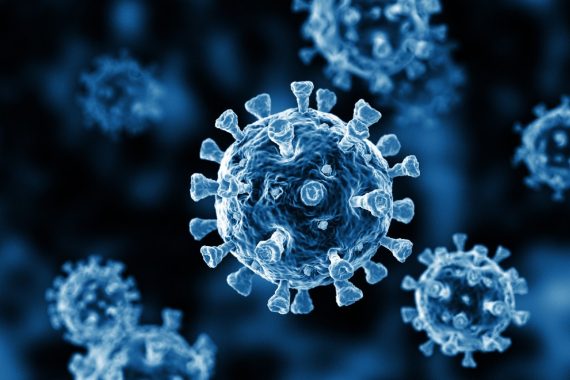When to suspect SARS-CoV-2 reinfection and how to investigate suspected cases
PLEASE NOTE: THIS IS NO LONGER RELEVANT AND IS NOT BEING UPDATED BUT HAS BEEN LEFT ON THE SITE FOR REFERENCE PURPOSES ONLY
This information is sourced from PHE:
Reinfection refers to a new infection with SARS-CoV-2 following previous confirmed (PCR positive) infection and is distinct from persistent infection and relapse of infection. Reinfection with SARS-CoV-2 remains rare
Identification of reinfection is challenging:
- there is currently no standard case definition for a SARS-CoV-2 reinfection
- SARS-CoV-2 PCR positivity may persist for prolonged periods (frequently up to 90 days, sometimes beyond) following initial infection without necessarily indicating viable virus
- PCR may also be intermittently negative
- asymptomatic infection is common
Reinfection should be considered in the following circumstances:
- a repeat positive PCR test 90 days or more after a previous positive PCR test
- new Covid-19 symptoms in a patient with previous PCR positive infection after apparent full recovery (resolution of previous symptoms) AND a repeat positive PCR test (including within 90 days after a previous positive PCR test)
Clinical management of suspected SARS-CoV-2 reinfection in primary care:
- Patients with suspected reinfection should be managed as if they are infectious
- Inform the individual that a Covid-19 illness due to reinfection may not necessarily follow the same clinical course as the last time they had the infection; the illness could range from asymptomatic to severe
- Take a full history including any underlying immunosuppression, recent overseas travel history and vaccination status
- Consider testing with a full respiratory viral panel profile, in addition to taking bacterial respiratory samples, an atypical pneumonia screen, and other serology tests as appropriate (consider seeking advice from infection specialist)
- Consider whether a repeat PCR rest is needed. Was the test taken via a pillar 1 PHE/NHS Laboratory?
- If after initial assessment you still suspect an individual has SARS-CoV-2 reinfection contact your local infection service
- Further investigation should be informed by an infection specialist, these will include antibody tests against both the spike and N protein
- Specify reinfection when you notify public health
The following factors make reinfection much less likely:
- if the second PCR test is within 90 days from the initial infection and the individual is asymptomatic, it is more likely to be a persistent positive result
- persistent rather than new symptoms (aside from fever) since previous positive test














